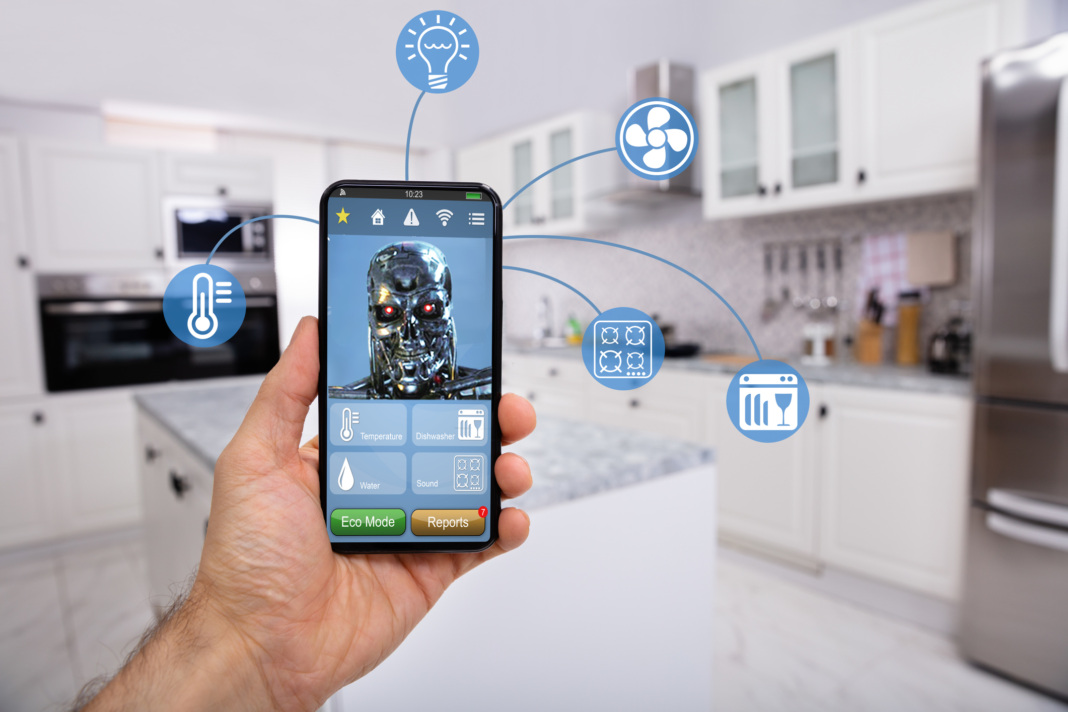Innovation can create new problems, and often even new industries. Two and half millennia after the invention of the wheel, we have traffic jams–made possible by the auto industry and Big Oil. That’s two industries right there. Fast food and high fructose corn syrup caused worldwide obesity, and gave rise to factory farming as well as the diet industry. (That’s two more!)
More recently, privacy has been a recurring issue when it comes to innovation, but it was a problem pre-Internet, as well.
Credit cards opened the door to overspending and account takeover as well as a host of privacy concerns around who gets to know your spending and bill-paying habits. Then there’s EZPass and FasTrak. Who doesn’t love automated toll roads? (Hint: People who don’t like being tracked.) The list is potentially endless, but no innovation has given rise to as many industries in the last fifty years than the Internet.
(Yep, the Internet is eligible to join the AARP this year!)
User privacy is an essential part of keeping your data and identity safe online; it’s something we talk about regularly on our podcast “What the Hack with Adam Levin.”
It’s no easy task to identify the 10 biggest Internet-related privacy failures masquerading as the next best thing since the World Wide Web, but here it goes.
#5 Smart IoT Devices
A home filled with Internet of Things devices–any sort of connected appliance really–is a big deal these days, and very big business. There are tens of billions of IoT devices connected to the Internet and the number grows daily.
When it comes to IoT, if something is a part of daily life, the way it works has been digitized. Coffee makers, home heating and cooling systems, swimming pools, cars, lights, appliances of all stripe can now be controlled from an interface on your computer or smartphone. There’s nothing out there that hasn’t been connected (including bowling balls and chastity belts).
While this may conjure images of a cartoon character getting ejected from bed into a pressed suit, dumped down a chute into a chair, where freshly brewed coffee awaits, it would be more accurate to imagine your most intimate and sensitive private information displayed on a billboard.
We’ve all heard the stories about poorly protected IoT devices that come fully functional with default passwords like “Password,” “CoffeeTime” or that old tech crowd favorite “admin.” Perhaps you remember the health trackers that allowed anyone in a person’s network to see when they last made whoopie, or the sex toy that kept its data in a publicly accessible database?
The whizzbang offered by IoT can have a kaput effect on your reputation. It can also leak details about your life to third parties who exploit that data to sell you more stuff.
It’s not exactly true to say that IoT came with unintended privacy issues, since the privacy grab was built into many of the devices that allegedly improve life or make things easier. If you want a connected device, make sure the manufacturer is playing by rules you can live with, and has some semblance of privacy protection in place.
<< Voice-Activated Digital Home Assistants || Read the full article










